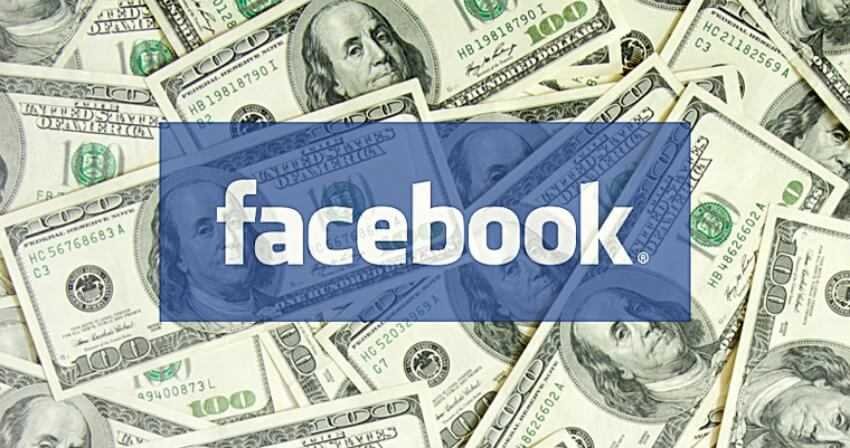People generate more data on Facebook in a single day than the data in all the books ever written combined. Not even counting searches on Google, Amazon's and Alibaba's market estimates, and data collections from Microsoft through Windows. Data, unlike gold and oil, is almost inexhaustible.
Why do not we get paid for their creation?
In return for providing data that is the main source of income for social networks like Facebook, we have developed new addictions, watching national elections being influenced by foreign powers, and we unwittingly participate in the development and training of an autonomous technology that will disrupt the overwhelming majority of the industries in which people today work.
But we are not paid…
Facebook, on the other hand, has: worth almost half a trillion dollars.
Does this mean that we are all cows who milk us milk? If our personal information deserves so much, how do we get in exchange for false news in our feed and an endless ad flow?
Perhaps not using Facebook is an idea that seems utopian. But whatever you do, we still use Amazon, Google or LinkedIn. Either way, the overwhelming majority of people on this planet have their data completely free.
But who really owns and uses the data?
Before we can answer, we need to discuss why this information is so important and valuable.
- Advertising accounts for most of Google's and Facebook's revenue. These are a lot of money and all come from the unique capabilities of technology companies to provide detailed information and demographics.
- Artificial Intelligence uses data as people use their brain. Each neural network needs thousands to hundreds of millions of different training data. As AI is embedded in almost every industry, the need for more and more data will increase.
- Automation replaces people in the workforce and so developers and businesses will slowly lose a huge data source by monitoring their employees. This means that the need for data is likely to increase due to both demand and lack.
Perhaps the most important thing to remember about this kind of data (from personal information) is that it can not be built. Companies can try to forge or falsify them, but the real value of our personal information is that it is ours.
TNW spoke to the head of the University's philosophy department Carnegie Mellon, Professor David Danks, who stated that there are generally two ways to look at the data.
Two ways to look at the data:
In the EU the data is an extension of the individual. It is not a product of the individual, but a real part of that person. The people in the EU their data with this logic. In the US, however, they use a model that claims the data belongs to the company.
Facebook and Google: What is happening now?
Facebook and Google were established because they gained access to a brand new natural resource (personal information) before they can see that they are worthwhile. And now that AI is slowly starting to begin, we began to appreciate the data again.
Letting Facebook, for example, sell our data without giving us any of these profits, is to buy a pizza eight years ago for the then low price of 10.000 bitcoin: today the same pizza would cost 8,8 million dollars .
In conclusion:
Some experts argue that by imposing a data tax on major technology companies they would offer a very good basic income. If you think it is a good idea, it is a further indication that our data is valuable.
But, to get closer to reality like "cows": now that we have been milked so much milk for free, how do we start charging it? It is rather unrealistic to expect Facebook to put us on its payroll tomorrow. And of course the gains from the data would not be so high. We should have each of the big data companies cut our checks before we can give up our day-to-day operations.
Η TNW was able to set the price in 480 dollars, without indicating how he found the amount.
Of course, it would be very difficult to identify and impose the proper granting of data licenses.
However, if we leave Google and Facebook, we will continue to earn billions of our data we are losing, and we lose too much.
Ultimately, the only way we can decide who owns our data is to become more selective about how we share information and demand more transparency from the companies we allow them to use.
Maybe Google, Facebook, and Twitter will change the way they work, or maybe more likely, a generation of people who have spent their entire lives in the social media age will someday create a better platform.





